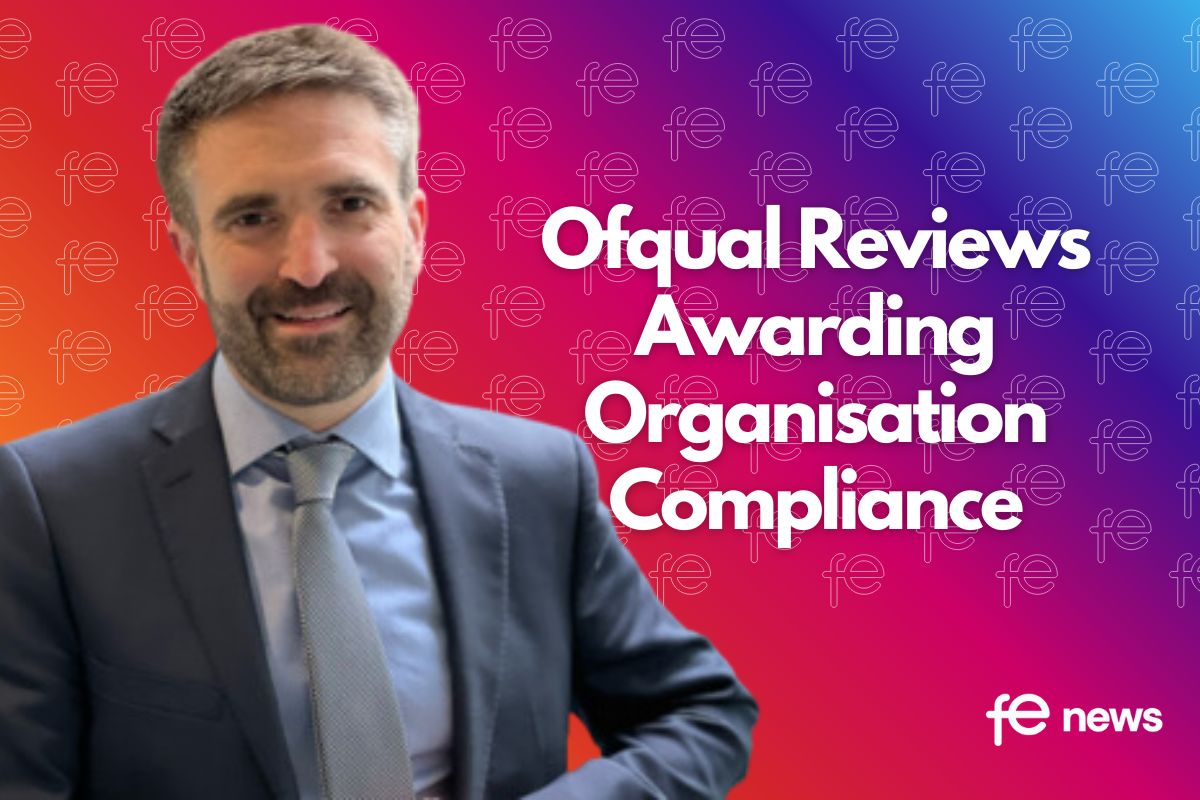Developing workforce skills for a strong economy

Background to the report
In early 2022, the UK workforce comprised around 32.6 million people. Workers require a range of skills to be productive and the skills system involves government, employers, training providers, local bodies and individuals. Employers play a crucial role in developing workforce skills and stimulating the skills system. They can encourage and support their staff to take up government-funded training opportunities. They also invest in their own training activities, create high-skilled jobs, and offer career progression and other opportunities for those with the appropriate skills.
Within government, the Department for Education (DfE) leads on skills policy in England and is accountable for securing value for money from much of the funding government provides for skills initiatives. In January 2021, DfE published the Skills for Jobs white paper. This explained how government would carry out reforms so that the further education system would support people to get the skills that the economy needs throughout their lives, wherever they live in the country. The Skills and Post-16 Education Act 2022 made provisions to implement proposals from the white paper.
Scope of the report
Government has had an enduring role in supporting workforce skills development, understanding that the market does not supply all the skills the country needs to provide goods and services and enhance productivity and competitive advantage. The funding and attention government gives to this area is continuing to grow.
We examined whether government has an effective approach to enhancing workforce skills. Given its responsibilities for leading government’s approach to skills, much of our examination focused on DfE’s activities, but our work also took us into other departments which play a role in supporting skills development.
This report covers:
- the workforce skills system (Part One);
- the scale of the skills challenge that government faces (Part Two);
- government’s understanding of workforce skills needs (Part Three); and
- how well government is supporting the development of workforce skills (Part Four).
Report conclusions
Having a sufficiently skilled workforce is critical to the country’s economic success and to achieving wider government aims such as greater equality of opportunity. Government, led by DfE, has strengthened its approach in recent years. It has taken sensible steps to deepen its understanding, improve its oversight and work more coherently to address this priority.
At the same time, the skills challenge that government is facing has grown significantly, with key indicators going in the wrong direction. Employers’ investment in workforce training has declined, as have participation in government-funded skills programmes and the programmes’ impact on productivity. In addition, wider changes in the labour market are intensifying the challenge. Government therefore needs to be much more effective than it has been in the past at helping to provide the skills the country needs. DfE is staking its success on a more employer-led system but, from the evidence we have seen, it is unclear whether the conditions are in place for this to be implemented successfully, in particular whether employers are ready to engage to the extent that will be needed to achieve a step-change in performance. As a result, there is a risk that, despite government’s greater activity and good intent, its approach may be no more successful than previous interventions in supporting workforce skills development.
Sector Response
UCU general secretary Jo Grady, said:
“This report highlights the devastating impacts a decade of austerity has had on skills training. Adult participation in government funded education has fallen by nearly 50% with disadvantaged areas the very worst hit. Any Conservative leadership hopeful should be made to read this report before considering embarking on another spree of funding cuts.
‘It is also disgraceful that employers are not keeping their end of the bargain with around 40% failing to provide any training at all in the last year. Government and employers must get a grip and ensure that training is both properly funded and offered more widely.
“Government, and those in charge of further education institutions would also do well to remember that any vision for skills will not be delivered unless there is investment in staff. Any new funding must be used to uplift the shockingly low wages of those who work in adult education settings.’













Responses